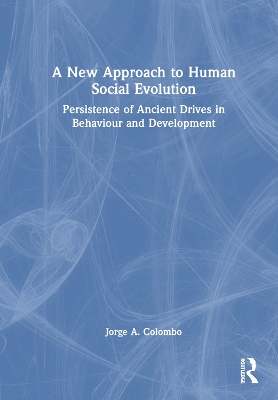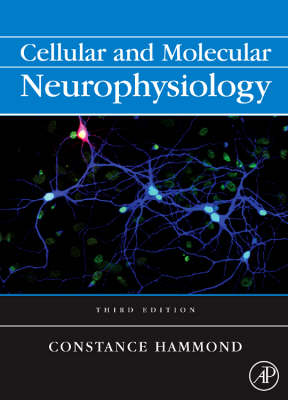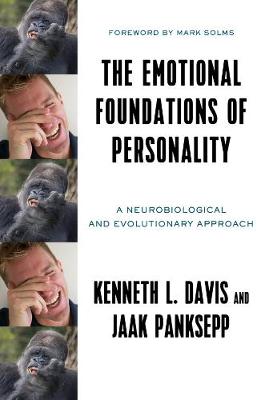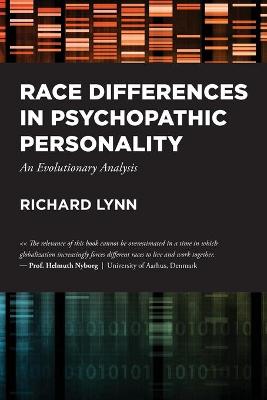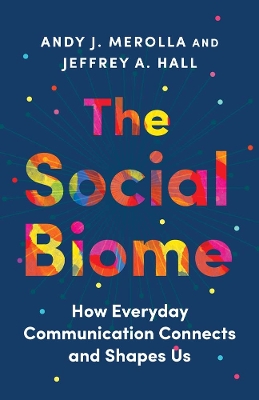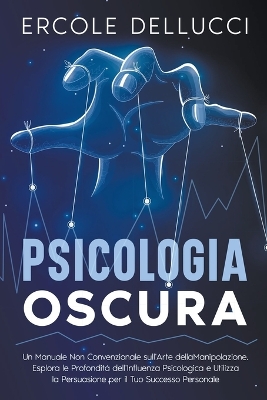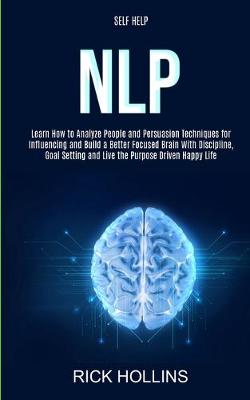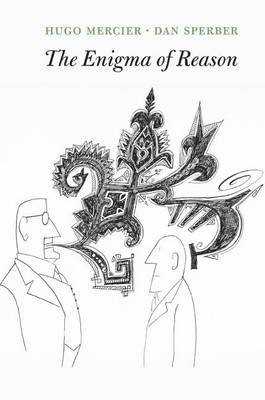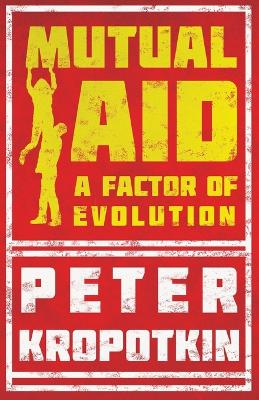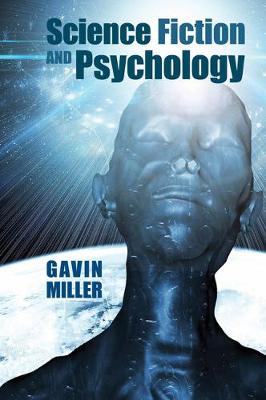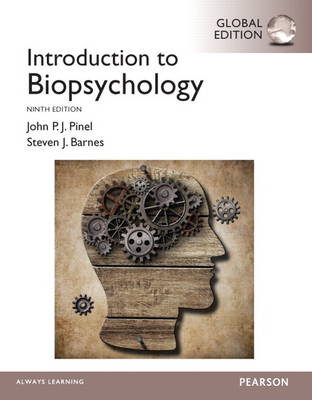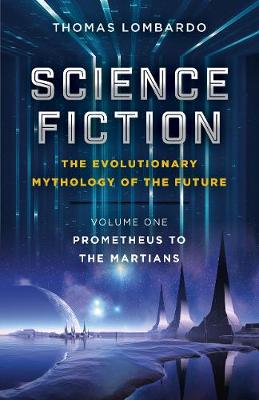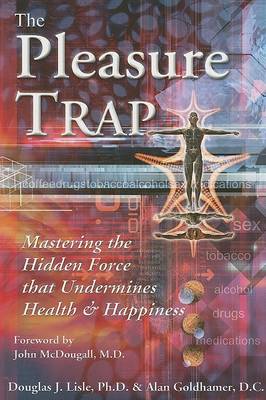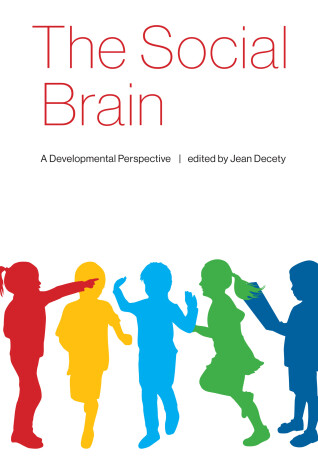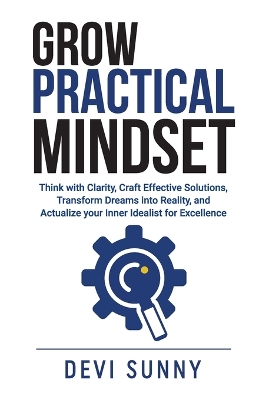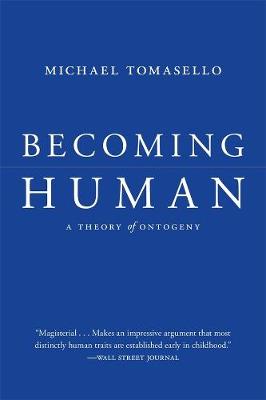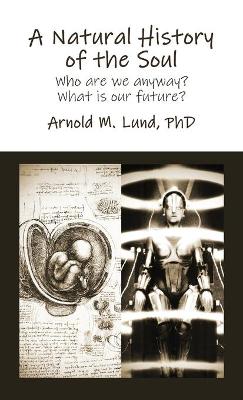This book provides an important examination into the role of evolution of human traits of dominance as central to understanding social and political events, proposing a new view on human social evolution. This book examines basic biological universal needs and behavioral profiles of non-human living beings, from which humans share essential survival components. It invites readers to think critically about the psychological evolution of the human brain. Using comparative psychology, it argues tha...
Cellular and Molecular Neurophysiology, Third Edition, is the new, thoroughly revised edition of the only current, established, and authoritative text focusing on the cellular and molecular physiology of nerve cells. Previously titled Cellular and Molecular Neurobiology, the new title better reflects this focus. This version contains 80% new or updated material. Fifteen appendices describing neurobiological techniques are interspersed in the text. Now in full color throughout, the book has ov...
The Emotional Foundations of Personality
by Kenneth L. Davis and Jaak Panksepp
This book presents the wealth of scientific evidence that our personality emerges from evolved primary emotions shared by all mammals. Yes, your dog feels love—and many other things too. These subcortically generated emotions bias our actions, alter our perceptions, guide our learning, provide the basis for our thoughts and memories, and become regulated over the course of our lives. Understanding personality development from the perspective of mammals is a groundbreaking approach and one that s...
Sigmund Freud
Freud's development of psychoanalysis is one of the great fault lines of twentieth-century cultural history. The field as such provides one of the great professional dramas of our time: a classic struggle between a new, vital idea and the ignorance, prejudice and refusal that so often attend major breakthroughs and innovations. Helen Puner's biography is far more than a professional appreciation. It is the story of a complex, by no means flawless individual, whose personal characteristics helped...
A deep dive into the importance of daily communication and how we can harness its power to create a better life We spend much of our waking lives communicating with others. How does each moment of interaction shape not only our relationships but also our worldviews? And how can we create moments of connection that improve our health and well-being, particularly in a world in which people are feeling increasingly isolated? Drawing from their extensive research, Andy J. Merolla and Jeffrey...
Most human violence is carried out by men. Male violence could even be described as the major source of human suffering. Yet it is so deep-rooted in biology and culture that is often seems impossible to combat. Male Violence examines this issue from a wide range of perspectives. The contributors discuss its origins in childhood, its adult forms within and outside the family, and a variety of theoretical approaches that can help us understand it. In doing so, Male Violence raises fundamental...
Reason, we are told, is what makes us human, the source of our knowledge and wisdom. If reason is so useful, why didn't it also evolve in other animals? If reason is that reliable, why do we produce so much thoroughly reasoned nonsense? In their groundbreaking account of the evolution and workings of reason, Hugo Mercier and Dan Sperber set out to solve this double enigma. Reason, they argue with a compelling mix of real-life and experimental evidence, is not geared to solitary use, to arriving...
Science Fiction and Psychology (Liverpool Science Fiction Texts & Studies, #62)
by Gavin Miller
The psychologist may appear in science fiction as the herald of utopia or dystopia; literary studies have used psychoanalytic theories to interpret science fiction; and psychology has employed science fiction as an educational medium. Science Fiction and Psychology goes beyond such incidental observations and engagements to offer an in-depth exploration of science fiction literature's varied use of psychological discourses, beginning at the birth of modern psychology in the late nineteenth centu...
Were you looking for the book with access to MyPsychLab? This product is the book alone, and does NOT come with access to MyPsychLab. Buy Introduction to Biopsychology with MyPsychLab access card 9e (ISBN 9781292059297) if you need access to the MyLab as well, and save money on this brilliant resource. Delves into how the central nervous system governs behaviour Introduction to Biopsychology, 9/e, introduces the study of the biology of behaviour; that is, the neural mechanisms of psychological p...
At once a pioneering study of evolution and an accessible and lively reading experience, The Mating Mind marks the arrival of a prescient and provocative new science writer. Psychologist Geoffrey Miller offers the most convincing–and radical–explanation for how and why the human mind evolved. Consciousness, morality, creativity, language, and art: these are the traits that make us human. Scientists have traditionally explained these qualities as merely a side effect of surplus brain siz...
Science Fiction - The Evolutionary Mythology of the Future
by Thomas Lombardo
An evolutionary and transformative journey through the history of science fiction from the innermost passions and dreams of the human spirit to the farthest reaches of the universe, human imagination, and beyond. '...a grand vision of the role of science fiction in the progress of human consciousness.' Dr. Karlheinz Steinmuller, Winner of the Kurd Lasswitz Award
A range of empirical and theoretical perspectives on the relationship between biology and social cognition from infancy through childhood.Recent research on the developmental origins of the social mind supports the view that social cognition is present early in infancy and childhood in surprisingly sophisticated forms. Developmental psychologists have found ingenious ways to test the social abilities of infants and young children, and neuroscientists have begun to study the neurobiological mecha...
Winner of the William James Book AwardWinner of the Eleanor Maccoby Book Award“A landmark in our understanding of human development.”—Paul Harris, author of Trusting What You’re Told“Magisterial…Makes an impressive argument that most distinctly human traits are established early in childhood and that the general chronology in which these traits appear can…be identified.”—Wall Street JournalVirtually all theories of how humans have become such a distinctive species focus on evolution. Becoming Hu...
